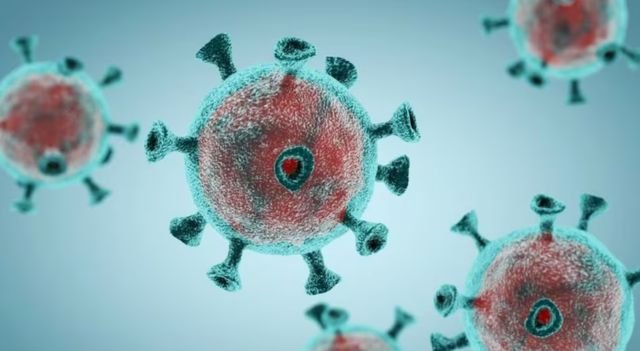The World Health Organization (WHO) has recently classified a sub-variant of the Omicron strain of the coronavirus as a “variant of interest” due to its rapid global spread. Named JN.1, this variant has been identified in various countries, including India, China, the United Kingdom, and the United States. In this comprehensive article, we delve deep into the characteristics and implications of the JN.1 Covid variant, shedding light on its impact, transmission, and the measures recommended by the WHO to mitigate its spread.
Understanding JN.1: A Rapidly Spreading Variant
JN.1, a sub-variant of Omicron, has garnered attention from health authorities worldwide due to its remarkable ability to spread swiftly. This variant’s emergence is yet another reminder that the virus causing Covid-19 is continually evolving, leading to the development of new strains with unique characteristics.
Global Presence
JN.1 has not confined itself to a specific region; instead, it has gained a foothold in multiple countries, underscoring its global presence. Its detection in India, China, the UK, and the US emphasizes the need for international vigilance and cooperation in monitoring and responding to emerging variants.
Transmission Rates
The speed at which JN.1 is spreading has raised concerns. According to the US Centers for Disease Control and Prevention, JN.1 is currently the fastest-growing variant in the United States, accounting for 15-29% of infections. In the UK, the Health Security Agency reports that JN.1 constitutes approximately 7% of positive Covid tests analyzed in laboratories. This rapid transmission rate has prompted health authorities to closely monitor its progress.
Genetic Distinctions
One of the key factors contributing to JN.1’s rapid spread is an additional mutation in the spike protein compared to its predecessor, the BA.2.86 variant. This genetic distinction may enhance the variant’s ability to infect individuals and contribute to the surge in Covid-19 cases, particularly as many countries enter the winter season.
Assessing the Risk and Impact
Despite its rapid spread, the World Health Organization’s risk assessment currently indicates a low risk to the general public. Furthermore, existing Covid-19 vaccines continue to provide protection against JN.1. However, it is essential to remain vigilant as the situation evolves.
Vaccine Efficacy

While JN.1 has not yet demonstrated the ability to evade vaccine-induced immunity, there is still limited evidence regarding its vaccine efficacy. Studies are ongoing to assess the variant’s response to existing vaccines fully. The WHO underscores the importance of continuing vaccination efforts, especially among vulnerable populations.
Severity of Illness
As of now, there are no reports suggesting that individuals infected with JN.1 experience more severe illness compared to previous variants. However, it is important to note that comprehensive studies on the health impact of JN.1 are still in progress. Additionally, the reduction in data reporting from countries on hospital admissions for Covid-19 patients complicates our ability to draw definitive conclusions.
Preventive Measures Recommended by WHO
To mitigate the spread of JN.1 and other variants, the WHO has issued several recommendations aimed at reducing transmission and protecting public health.
Mask-Wearing
The WHO advises individuals to wear masks in crowded, enclosed areas, especially when social distancing is challenging. Mask-wearing remains a crucial tool in preventing the transmission of Covid-19 and its variants.
Respiratory Etiquette
Covering coughs and sneezes with a tissue or the inside of your elbow is a simple yet effective practice that can help prevent the spread of respiratory viruses like JN.1.
Hand Hygiene
Regularly cleaning your hands with soap and water or using hand sanitizer is essential to reduce the risk of infection. Good hand hygiene is a fundamental preventive measure.
Vaccination
Staying up to date with Covid-19 and flu vaccinations is highly recommended, particularly for those at higher risk of severe illness. Vaccination remains one of the most effective tools in the fight against Covid-19 and its variants.
Stay Home When Sick
Individuals who feel unwell should stay home to prevent the potential spread of the virus to others. This responsible action helps protect vulnerable populations.
Testing
Getting tested for Covid-19 if you have symptoms or have been exposed to the virus is crucial for early detection and isolation of cases.
In conclusion, the JN.1 Covid variant has rapidly spread to various parts of the world, prompting concerns among health authorities. While the risk to the public remains low and existing vaccines offer protection, ongoing vigilance and adherence to preventive measures are essential to curb its transmission. The genetic distinctions of JN.1, including its additional spike protein mutation, warrant close monitoring as countries enter the winter season.




